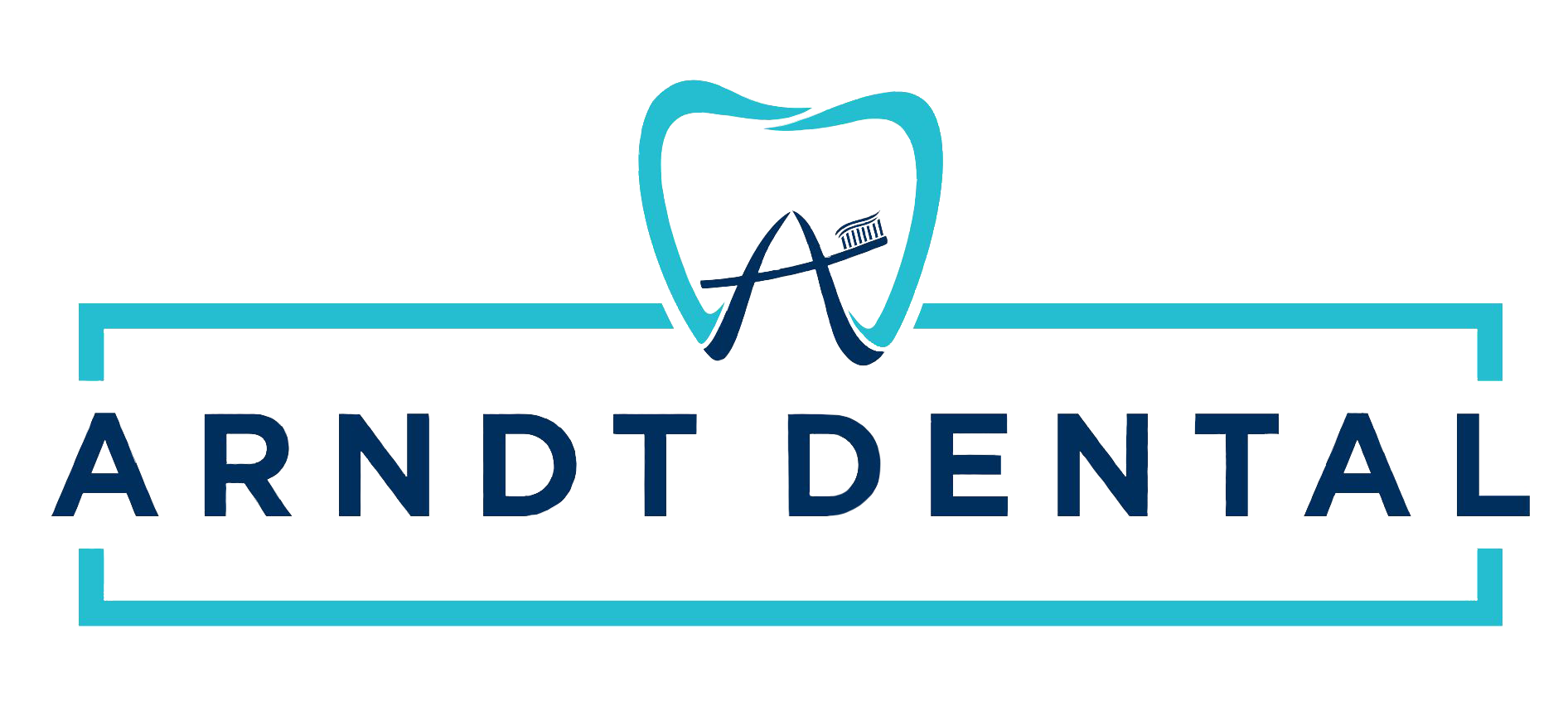So your dentist is recommending a partial denture to compensate for a “gap” in your mouth, but what is it? Turns out, partial dentures are pretty common and have tons of benefits. They require some maintenance but are generally easy to get used to and do a great job keeping your mouth healthy. Partial dentures are exactly what they sound like, a removable denture that fits to only part of your mouth, usually to fill a gap(s) in between your teeth.
Why do I need a partial denture?
Partial dentures can be helpful in a few situations, but mostly when there are missing teeth involved. Often when you have missing teeth the adjacent or opposing teeth can shift, altering the way you bite (occlusion). This shifting can affect other teeth and sometimes even change your facial structure. Partial dentures help to maintain balanced occlusion so this doesn’t happen and better help you to speak and chew your food.
A cost effective option
Partial dentures help to maintain a healthy bite and are also a less invasive way to replace a missing tooth or teeth! Dental implants can be costly and may take up to 6 months to fully heal, whereas partial dentures can be fabricated in less time. Once inserted, they usually only take a few weeks to adjust to. If you are missing a few teeth or have a large gap, implants may be too costly to consider. This may be especially true for patients who aren’t ready or don’t want oral surgery- partial dentures give you the choice while maintaining a safe bite. There are many factors that help to determine what is the best prosthesis for you so please talk to your dentist to find out what works for you!
What kinds of partial dentures are there?
There are many types of partial dentures available today that are very different from the dentures your grandparents would’ve worn. Some types of partial dentures you would want to speak with your dentist about are:
- Acrylic clasp removable partial denture
- Cast metal removable partial denture
- Flexible partial denture
Partial dentures come in a variety of types to fit your specific need, and many are fully removable, as you will need to routinely clean and care for your dentures, though you will wear them most of the day. Some fixed options are available, such as:
- Fixed bridge
- Implant supported fixed bridge
Each case is unique and what denture is right for you depends on your specific set of needs.
Adjusting to a partial denture
As we said before, partial dentures may only take a few weeks to adjust to. It takes a bit for the muscles and cheeks to adapt to the dentures being in place. More importantly, you will need to adjust some eating habits for the first few weeks. Foods that are too hot or cold may cause irritation in the beginning. Gum and other sticky foods should be avoided in general while wearing partial dentures, and toothpicks!
If you have healthy gums and teeth, a partial denture could be the option for you. We hope this will help you to make an informed decision about partial dentures. If you are considering a partial denture, contact us today for more information!

